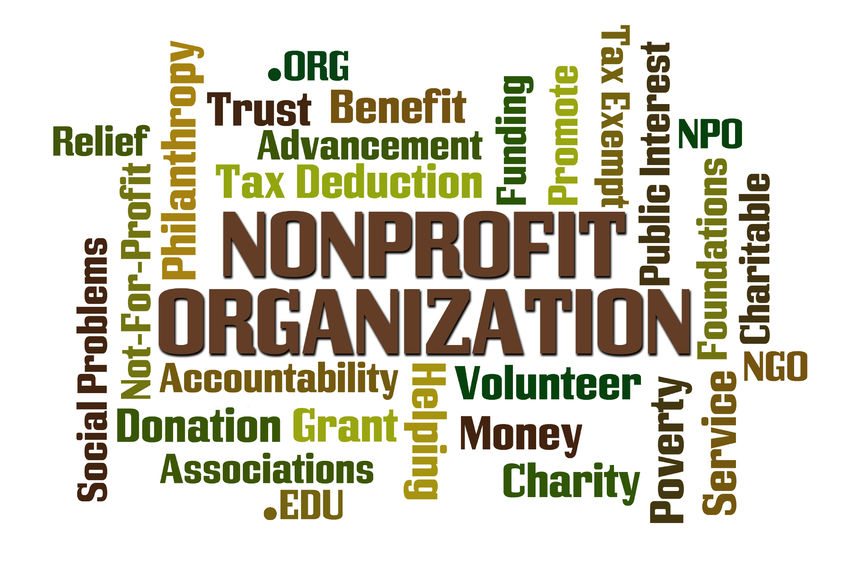Brian Hall - January 5, 2017 - How to Register a Trademark, Trademark Law

A nonprofit organization (NPO) is a type of entity that has a purpose other than making a profit, such as a social cause. Put another way, rather than distributing profit to shareholders, as is typical in a corporation, any additional revenues are used to further the nonprofit’s mission. That said, make no mistake about it, nonprofit organizations are not always charities and it is typically equally important to maintain organizational sustainability. As such, nonprofits will identify ways to generate revenue so as to allow them to continue to invest time and resources into furthering their mission. Some examples of nonprofits include UNICEF, Rotary, Kiva, Ted Talks, LPGA, United Way, Livestrong and Goodwill. These nonprofits own registered trademarks and attend to them just as a for-profit organization does.
As one can imagine, just like a for-profit business seeks to leverage its brand and identity in order to further garner goodwill and generate revenue, nonprofits also are well-served when they do the same. In addition, nonprofits want to avoid public confusion with like-minded nonprofits and, even worse, non-affiliated entities that try to profit off the consumer recognition of the nonprofit. So, just like for-profit organization, as a nonprofit you should:
If you are nonprofit, you can not ignore the importance of sound business decisions, which necessarily includes proper management of intellectual property. Remember, trademarks are important to furthering your mission and part of a sustainable organization.